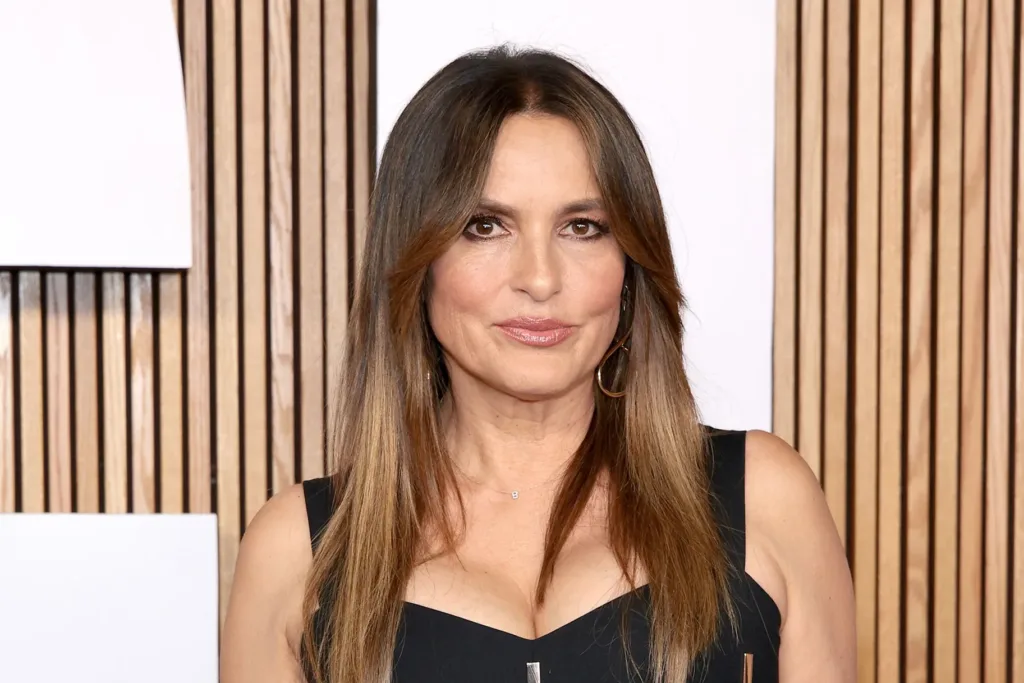Mariska Hargitay’s feature-length documentary “My Mom Jayne” will make its television debut on HBO and Max on 27 June after drawing a standing ovation in its world première at Cannes on 17 May and securing a Tribeca Festival slot on 13 June. The 106-minute film, produced with HBO Documentary Films, turns the “Law & Order: SVU” star into a first-time director as she pieces together the public myth and private reality of her mother, 1950s screen siren Jayne Mansfield, who died in a 1967 car crash that three-year-old Hargitay survived.
“This movie is a labor of love and longing,” Hargitay says in the film. “It’s a search for the mother I never knew … and a reclaiming of my mother’s story and my own truth.” Anchored by home movies, never-before-seen photographs and interviews with all five Mansfield children, the documentary also revisits the family’s famed “Pink Palace,” locates the long-lost crash site and juxtaposes Mansfield’s carefully cultivated bombshell persona with a multilingual honours student who fought for bigger roles.
The most startling revelation is Hargitay’s confirmation that her biological father is Italian entertainer Nelson Sardelli, not bodybuilder Mickey Hargitay, who raised her. The director recounts learning the truth at 25 and finally meeting Sardelli five years later, a sequence critics at Cannes called “raw and cathartic.” Reviewers have praised the vulnerability on display: the Independent magazine hailed the film as “a personal excavation of fame, family and the gaps memory leaves behind,” while The Upcoming noted Hargitay’s unguarded interviews with siblings and half-siblings as its “artistic standout.”
HBO positions the documentary as both biography and “journey to embrace a legacy,” and early notices suggest it also doubles as a meditation on inherited trauma. By retracing Mansfield’s trajectory—from breakout roles and tabloid frenzy to alleged domestic abuse and the fatal Louisiana highway accident—the film invites viewers to reconsider a star too often reduced to a punch-line and a daughter long defined by tragedy.
